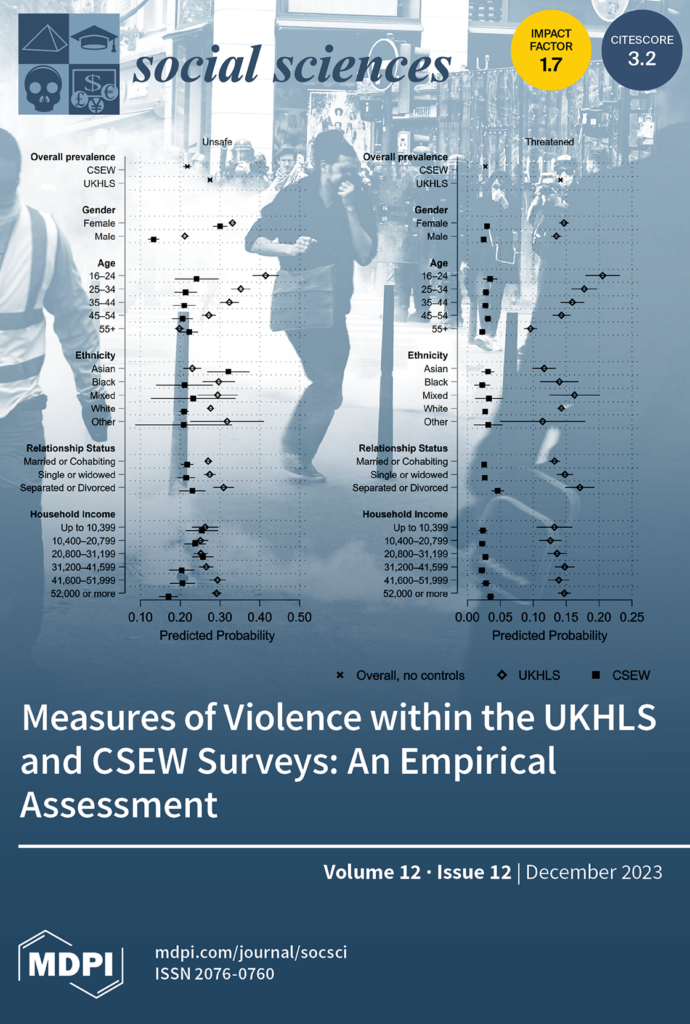Despite violence being recognised as a harm to health, it is not consistently or adequately captured in healthcare data systems. Administrative health records could be a valuable source for researching violence and understanding the needs of victims, but such datasets are currently underutilised for this purpose.
VISION researcher Dr Anastasia Fadeeva, with input from Dr Estela Capelas Barbosa, Professor Sally McManus and Public Health Wales’ Dr Alex Walker, examined violence indicators in emergency care, primary care, and linked healthcare datasets in the paper Using Primary Care and Emergency Department datasets for Researching Violence Victimisation in the UK.
Anastasia worked with Hospital Episode Statistics Accident and Emergency (HES A&E) and the Emergency Care Data Set (ECDS) while on secondment at the Department of Health and Social Care (DHSC), with helpful review provided by researchers in the department.
Among the datasets reviewed in the study, the South Wales Violence Surveillance dataset (police and emergency department data linked by Public Health Wales) had the most detail about violent acts and their contexts, while the Clinical Practice Research Datalink (CPRD) provided the more extensive range of socioeconomic factors about patients and extensive linkage with other datasets. Currently, detailed safeguarding information is routinely removed from the ECDS extracts provided to researchers, limiting its utility for violence research. In the HES A&E, only physical violence was consistently recorded.
Addressing these limitations and increasing awareness of the potential utility of health administrative datasets to violence-related research has the potential to provide insight into the health service needs of victims.
For further information please see: Social Sciences | Free Full-Text | Using Primary Care and Emergency Department Datasets for Researching Violence Victimisation in the UK: A Methodological Review of Four Sources (mdpi.com)
Or contact Dr Anastasia Fadeeva at anastasa.fadeeva@city.ac.uk
Photo from licensed Adobe Stock library

